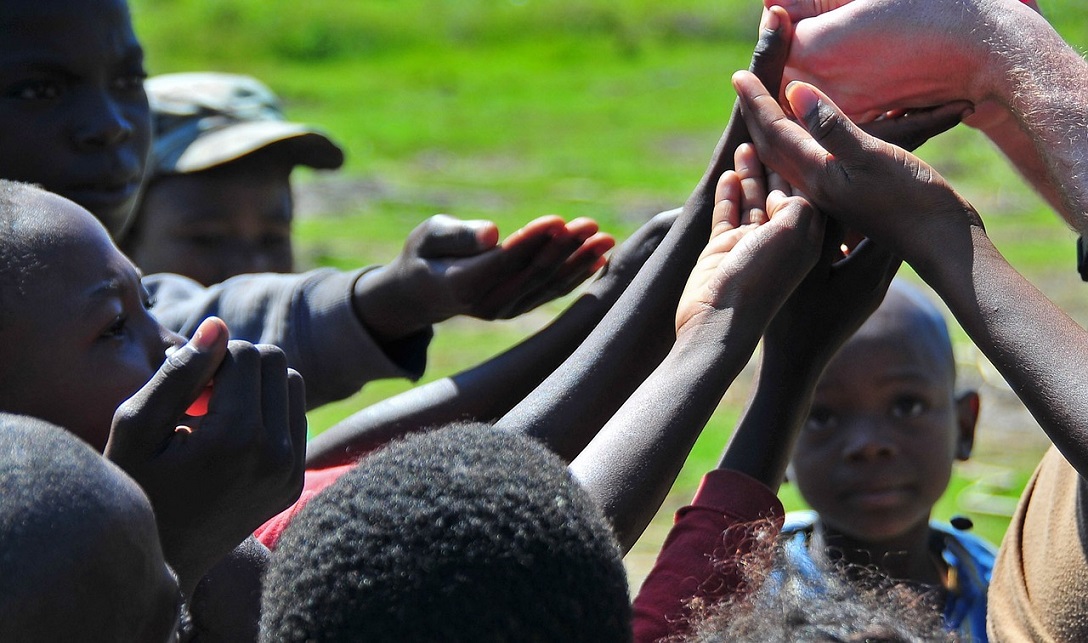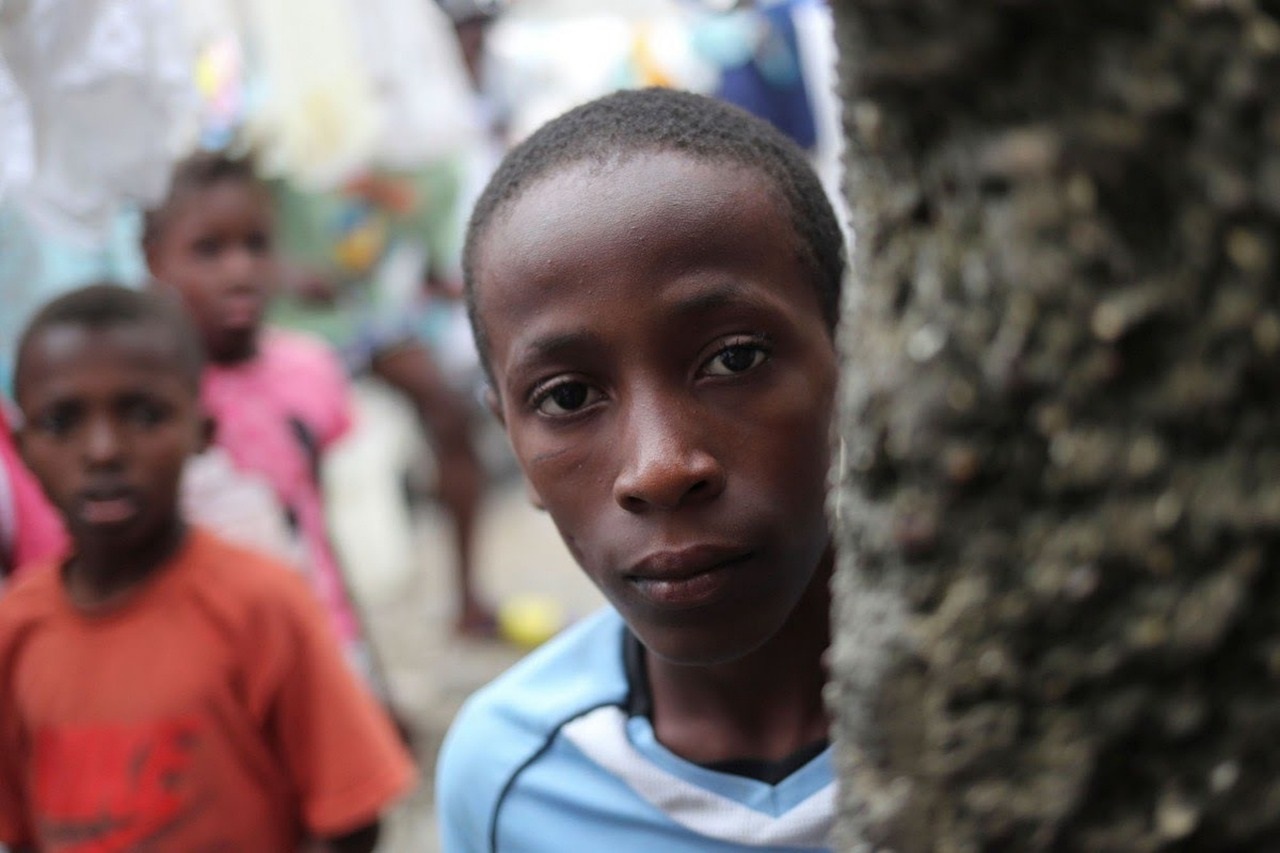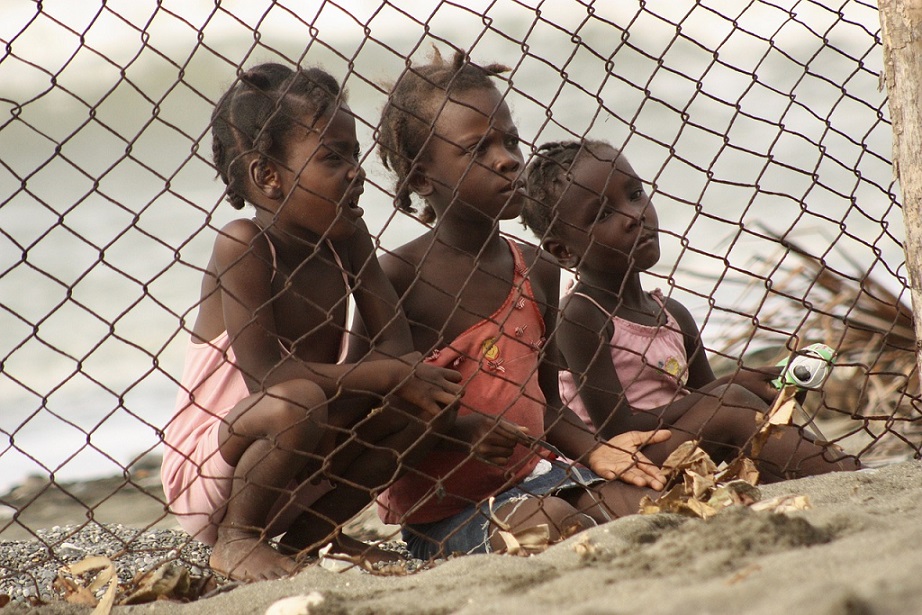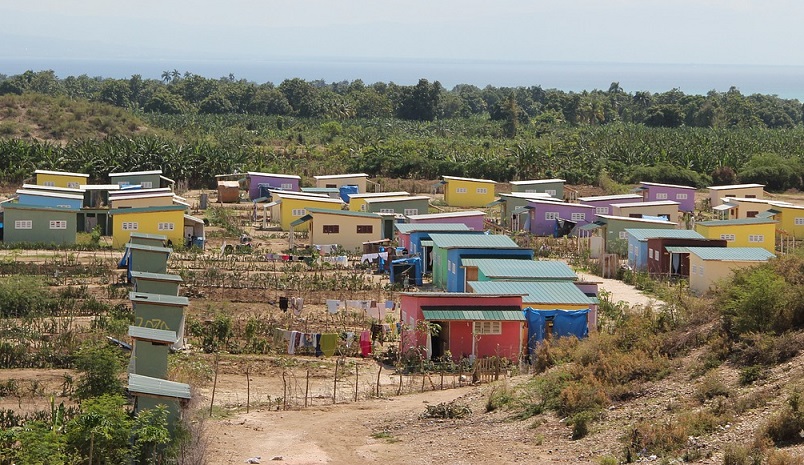Haiti needs to rebuild itself as a State and it is now facing an enormous challenge with gangs linked to drug trafficking and the illegal arms trade which has triggered cases of kidnapping, murder and extorsion in recent years. The Government is lacking resources to stop this chaos.
 Anelí Ruiz García
Anelí Ruiz García
The successive violence and political instability since the rise of this country, which also suffered through a bloodthirsty dictatorship, has destroyed institutionality, and the frequent changes of government limits the essential tasks, such as managing tax distribution and the security forces.
Furthermore, constant guardianship from the international community, from 1915 until now, has only strengthened its dependency and contributed to the dismantling of republican institutions, according to Frank Saint Jean, political analyst.
In February 1915, Vilbrun Guillaume Sam became president of Haiti following a turbulent period in which the country had five presidents in less than four years.
The uprising against his predecessor, Joseph Davilmar Théodore, was driven by discontent towards the president who did not fulfil his promises to pay the armed militia, known at that time as Cacos, who had helped him to gain power.
 After the forced exile of Théodore in Curacao, Sam was recognised as the new head of government by the other revolutionary generals, and elected president by Congress days later.
After the forced exile of Théodore in Curacao, Sam was recognised as the new head of government by the other revolutionary generals, and elected president by Congress days later.
However, his term in office barely lasted for five months. An angry mob seized the president from the French Embassy, where he had taken refuge in the middle of the rebellions, dismembered his corpse and displayed his remains on spikes around the city.
These events opened the doors to the United States’ longest intervention until Afghanistan: it occupied Haiti for 19 years and ended with the destruction of state institutions, the seizure of its gold reserves and the sale of land to rich Americans.
More than a century later, Jovenel Moïse’s murder on 7 July 2021, which still poses unanswered questions almost two years later, once again put the country under threat of a new occupation. Meanwhile, the institutional crisis without Parliament worsened, with a barely functional justice system and no elected officials.
A long time before this assassination, Moïse was an incredibly unpopular individual, accused of corruption and dictatorial behaviour, and in an open rivalry with the powerful private sector, which is speculated to have put him in power.
 Tens of thousands of people protested for at least three years against his leadership, and when he died from 12 shots in his private residence in Pelerin in the south-east of the capital, he had very few allies.
Tens of thousands of people protested for at least three years against his leadership, and when he died from 12 shots in his private residence in Pelerin in the south-east of the capital, he had very few allies.
His murder joins a list of similar acts in the impoverished nation, the first to achieve independence in Latin America and which has been shaped by revolutions, political struggles, corruption and natural disasters, as well as holding the tragic record of assassinating or overthrowing 22 governments in seven decades.
“Haiti has experienced several periods of intense political and economic disorder, some of which even served as an excuse for military intervention by the United States”, Saint Jean explained.
In 1806, only two years after Haiti’s Independence, Jean Jacque Dessalines, who is considered to be the father of the nation, was brutally murdered in Pont Lanarge (now known as Pont Rouge), located in the north of Port-au-Prince.
He was ambushed when he went to put down a rebellion against him and after stirring up unhappiness with the series of reforms that he wanted to implement regarding the distribution of wealth.
 For Yvon Charles, the researcher, social and cultural mediator of the Organisation for the Management of Destination North in Haiti, the policy of social justice that Dessalines advocated was the main cause of several generals conspiring over his murder.
For Yvon Charles, the researcher, social and cultural mediator of the Organisation for the Management of Destination North in Haiti, the policy of social justice that Dessalines advocated was the main cause of several generals conspiring over his murder.
Among the reasons for this fatal ending include: the nationalisation of lands, direct and strict control of foreign trade, agrarian collectivism and nepotism by designating his eldest son as his successor.
For many, Dessalines’ murder marked Haiti’s tragic destiny which divided it into two states and installed in the north a European-style court with kings, palaces and nobility – in the heart of the Caribbean.
On 15 January 1870, among the ruins of the Government’s headquarters which were ordered to be burned, the bourgeoisie opponent, Sylvain Salvane, was executed due to a rebellion lead by his rivals, which forced the then-president to barricade himself in Port-au-Prince.
Four decades later, in August 1912, Cincinnatus Leconte, Dessalines’ grandson, had the same ending when political opposition carried out an attack against him and placed explosives in the National Palace. His family and more than a hundred soldiers perished with him. PL
(Translated by Donna Davison. Email: donna_davison@hotmail.com) – Photos:Pixabay












.jpg)












